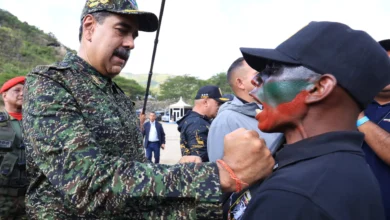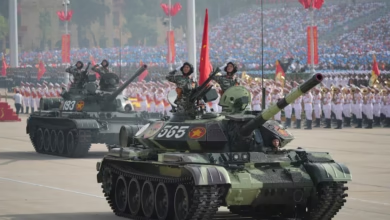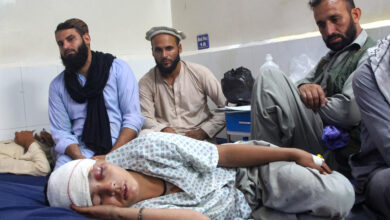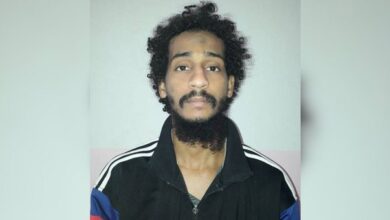Bolivia set to elect first non-left wing president in two decades
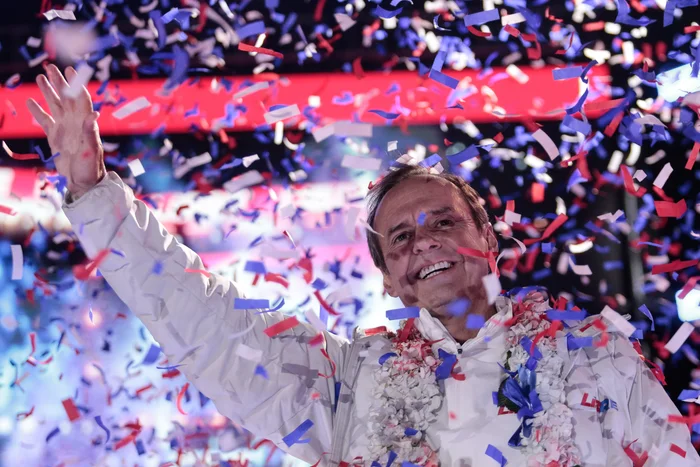
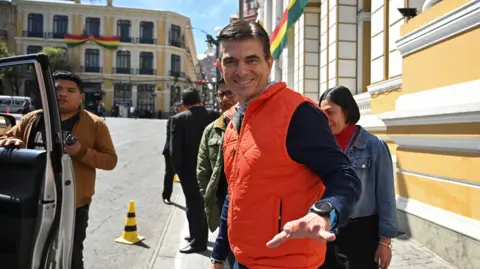
In Sunday’s first round of Bolivia’s presidential election, Rodrigo Paz Pereira emerged as the clear favorite.
According to official preliminary results, Bolivia will elect a non-left-wing president following nearly two decades of almost constant administration by the ruling socialist party.
In Sunday’s presidential elections, former president Jorge Quiroga finished second and senator Rodrigo Paz Pereira first.
There will be a runoff between these two candidates in October since neither candidate garnered a significant enough portion of the vote to win the election outright.
Opinion polls had predicted billionaire Samuel Doria Medina to be the front-runner, but Christian Democratic Party member Paz Pereira was a surprise vote leader.
Rodrigo Paz Pereira is the overwhelming favorite in the first round of Bolivia’s presidential election, which took place Sunday.
After nearly two decades of nearly continuous rule by the ruling socialist party, Bolivia will elect a non-left-wing president, according to official preliminary findings.
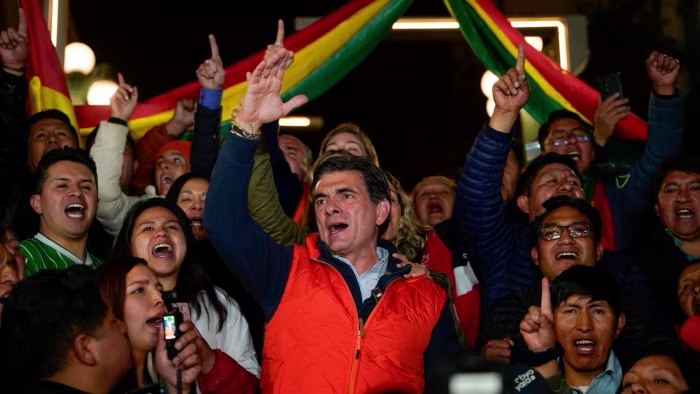
Senator Rodrigo Paz Pereira won the presidency on Sunday, while former president Jorge Quiroga came in second.
Since none of these candidates received a sizable enough share of the vote to win the election outright, there will be a runoff between them in October.
Christian Democratic Party member Paz Pereira unexpectedly led the vote, despite opinion polls placing billionaire Samuel Doria Medina as the front-runner.
Regarding commerce, the capitalist positions of both candidates would suggest greater encouragement for foreign investment in Bolivia’s enormous lithium reserves, which are a vital component of batteries used in a large number of electric vehicles, computers, and solar panels.
After two decades of deepening Bolivia’s connections with China, Russia, and Iran, a change of leadership could signal greater political ties with the United States.
US-Bolivia relations are “strained” under the socialist party’s rule, according to a recent report briefing for the US Congress.
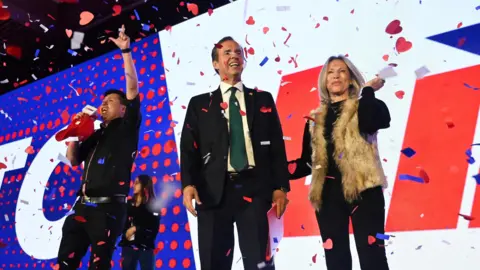
The nation’s shift to the right coincides with its worst economic crisis in years, which includes rising inflation, debt, and shortages of petrol, foreign reserves, and some basic goods.
According to pre-election opinion polls, a large number of voters wished to punish the ruling Movimiento al Socialismo (MAS) party or to bring about change.
Due to his extreme unpopularity, the current president, Luis Arce, chose not to run for reelection.
In certain situations, the left is punished physically in addition to electorally.
The candidate for MAS, Eduardo del Castillo, was booed out of the school where he cast his vote. Bolivian media reported that some fellow voters told him to “wait in line like they do for fuel” rather than skip the voting queue.
People also threw stones at the highest-polling left-wing candidate, Andrónico Rodríguez, when he went to cast his ballot. Rodríguez was previously a member of MAS before splintering from the party.
Authorities in Bolivia also said that an explosive device was set off at the polling station where Rodríguez cast his vote. There were no reports of significant damage or injuries.
Rodríguez described it as an “isolated incident” orchestrated by a “small group” to a Bolivian newspaper.
The left has not just faced recent unpopularity over the economy. It is also deeply divided.
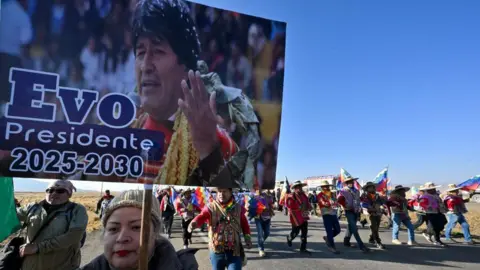
Eduardo del Castillo, the MAS candidate, was jeered as he left the classroom where he cast his ballot. Some voters advised him to “wait in line like they do for fuel” instead of avoiding the polling line, according to Bolivian media.
When Andrónico Rodríguez, the left-wing candidate with the highest polling, went to cast his ballot, he was also pelted with stones. Prior to leaving MAS, Rodríguez was a member of the organization.
Additionally, according to Bolivian authorities, Rodríguez voted at a polling site where an explosive device was detonated. There were no reports of serious injuries or damage.
According to Rodríguez, it was a “small group” who planned the “isolated incident” for a Bolivian publication.
Protests broke out after the 2019 election was contested. After auditors discovered anomalies in the poll, Morales was charged with fraud and resigned under military pressure.
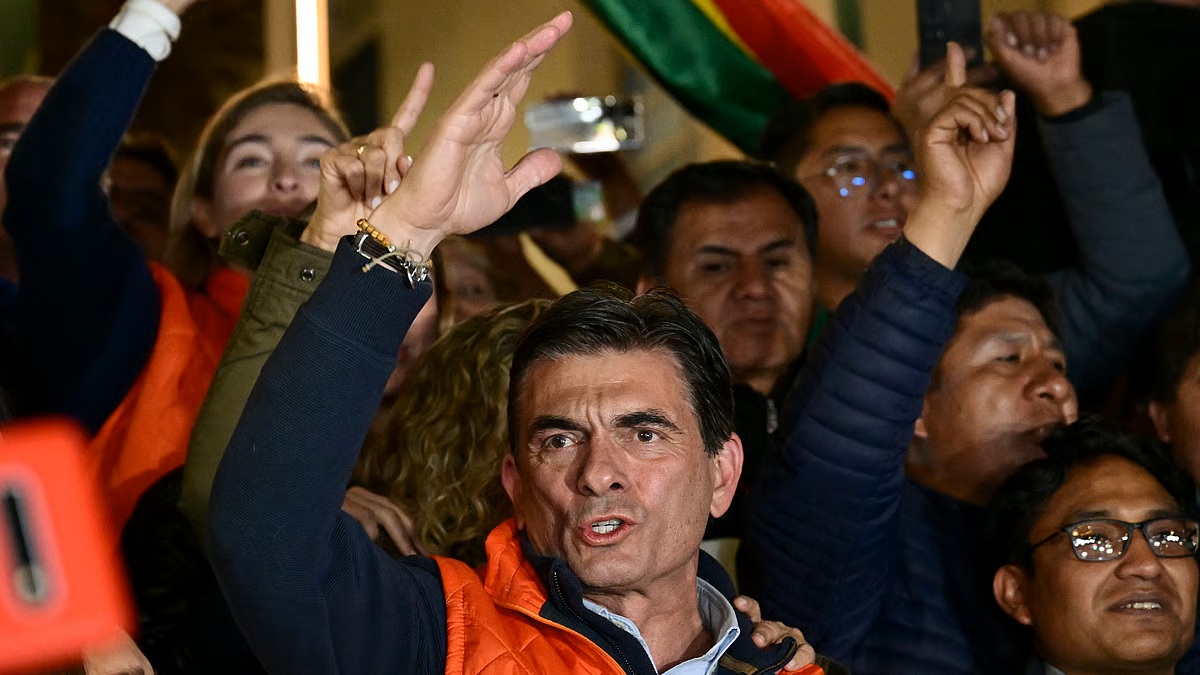
Luis Arce, a former finance minister under Morales, became president in 2020. The two became adversaries after Morales declared he would return to Bolivian politics and denied Arce a majority.
Since then, the ruling MAS party has been plagued by deep divisions and power battles. Supporters of Morales have staged barricades and protests against the ban on his reelection, which have occasionally descended into violence and resulted in the deaths of some emergency personnel.
Due to an alleged sexual relationship and rape of a 15-year-old girl, judges issued an arrest warrant for Morales. He has referred to the charges as being motivated by politics.
Living and working out of Chapare, Bolivia, he has occasionally been shielded by his fans.
READ MORE: LAD REPORTING

